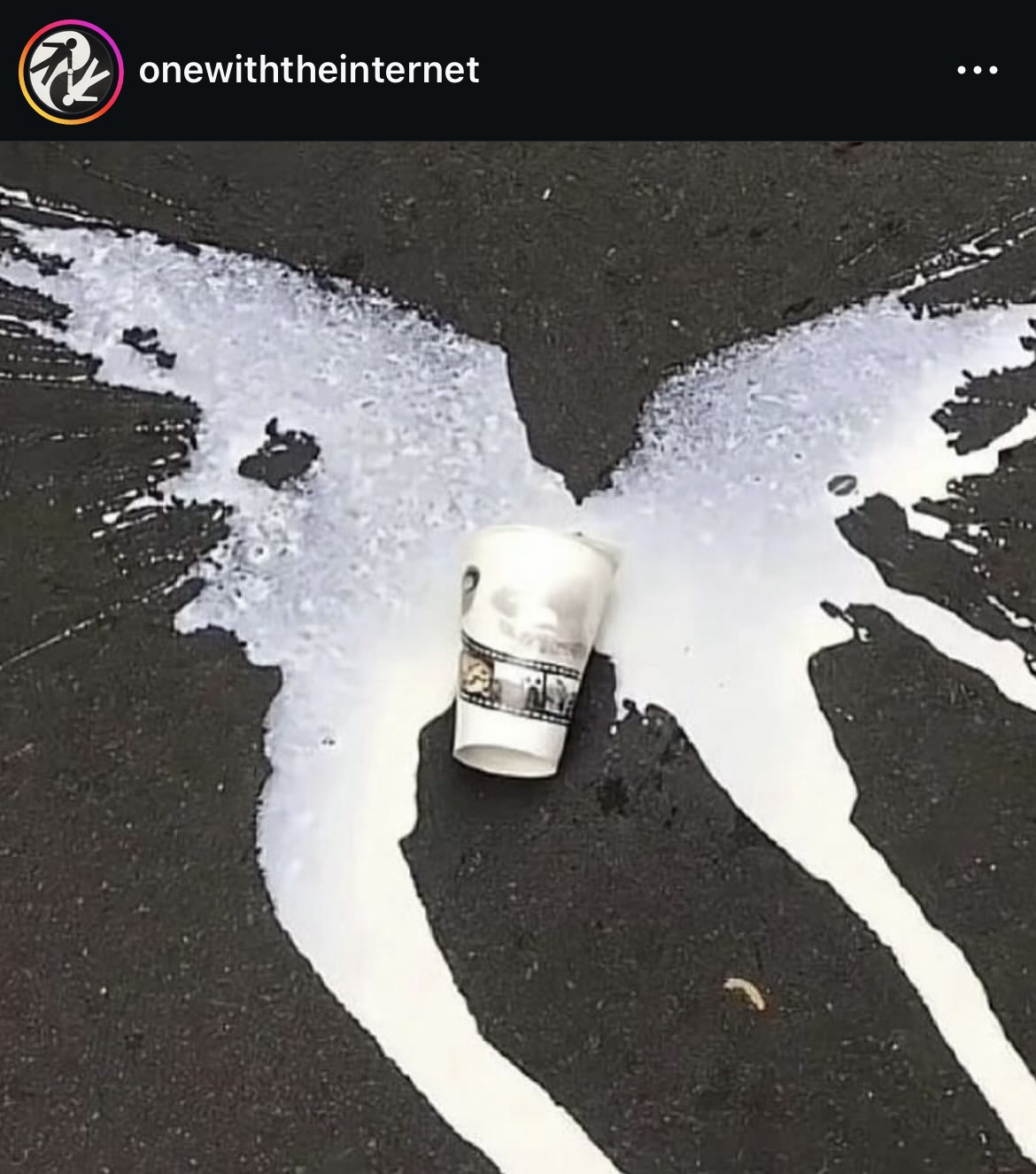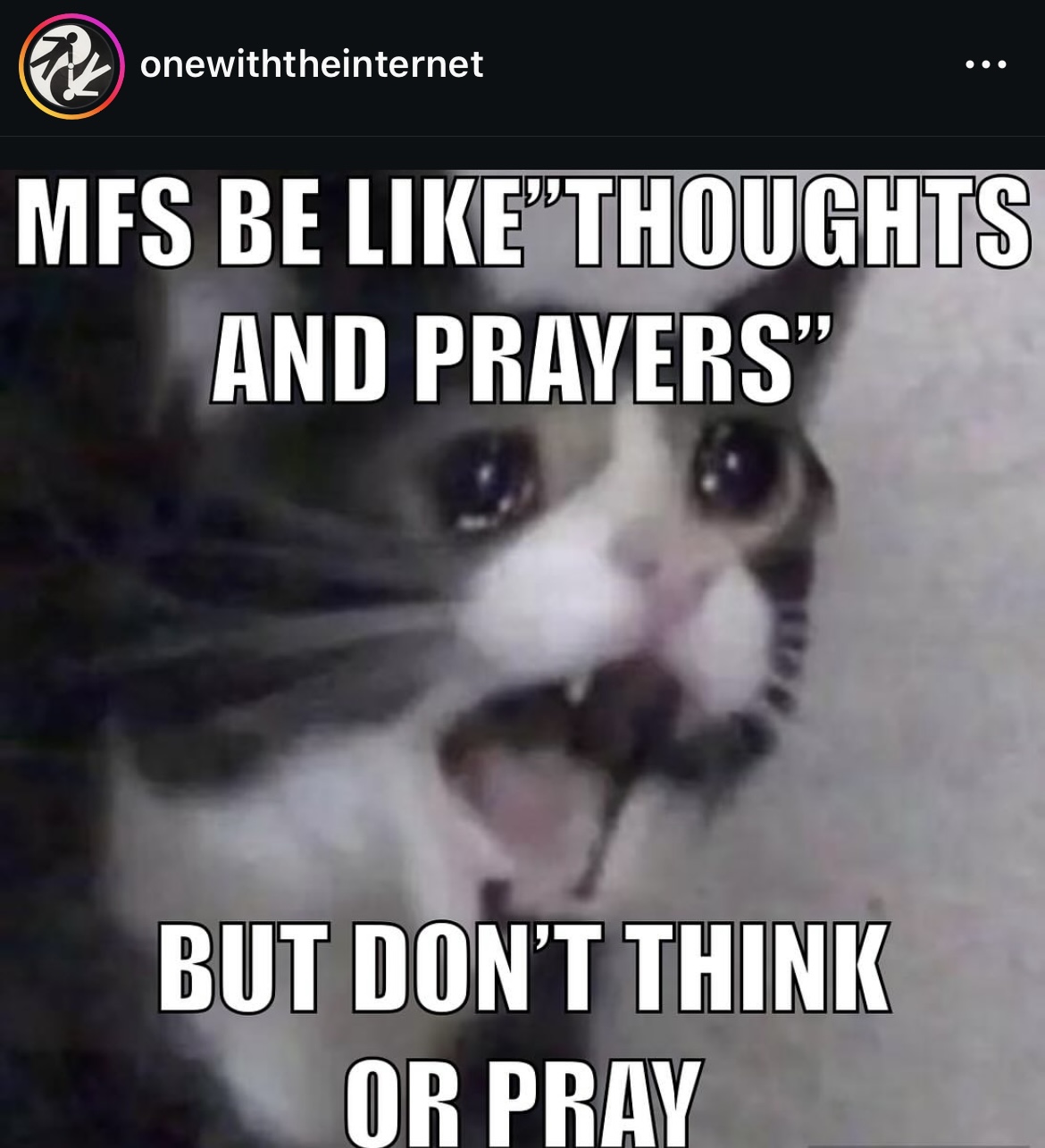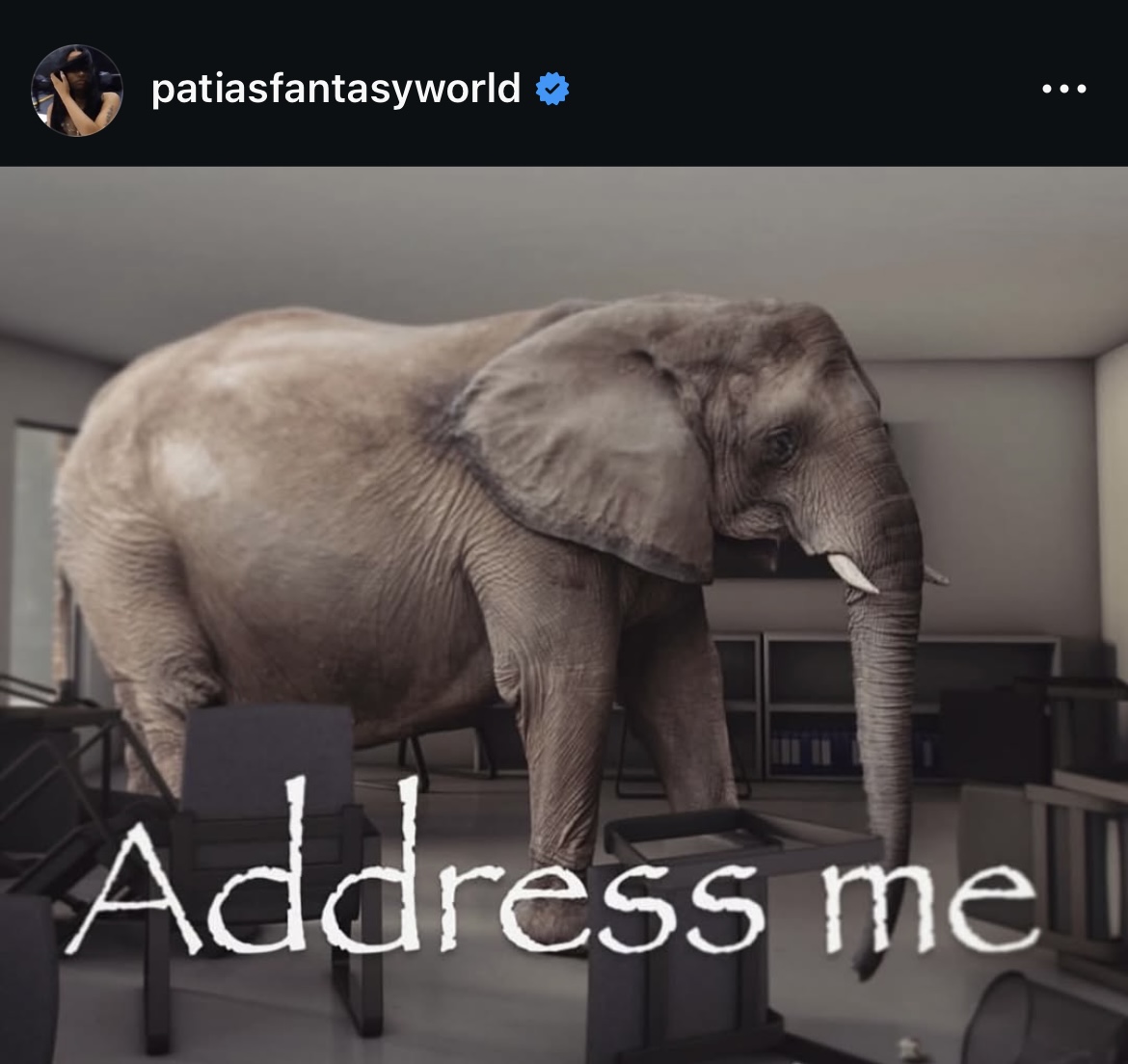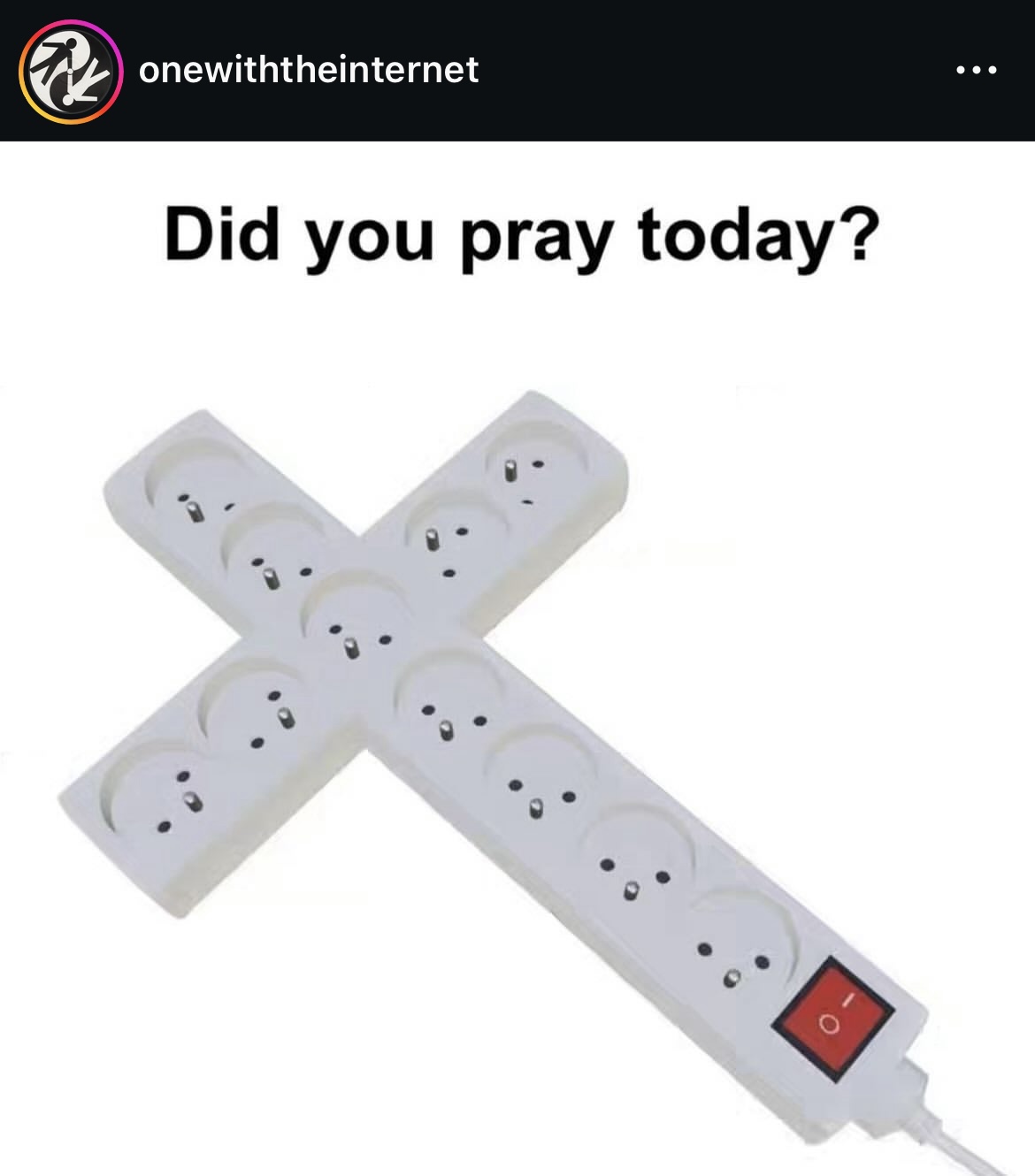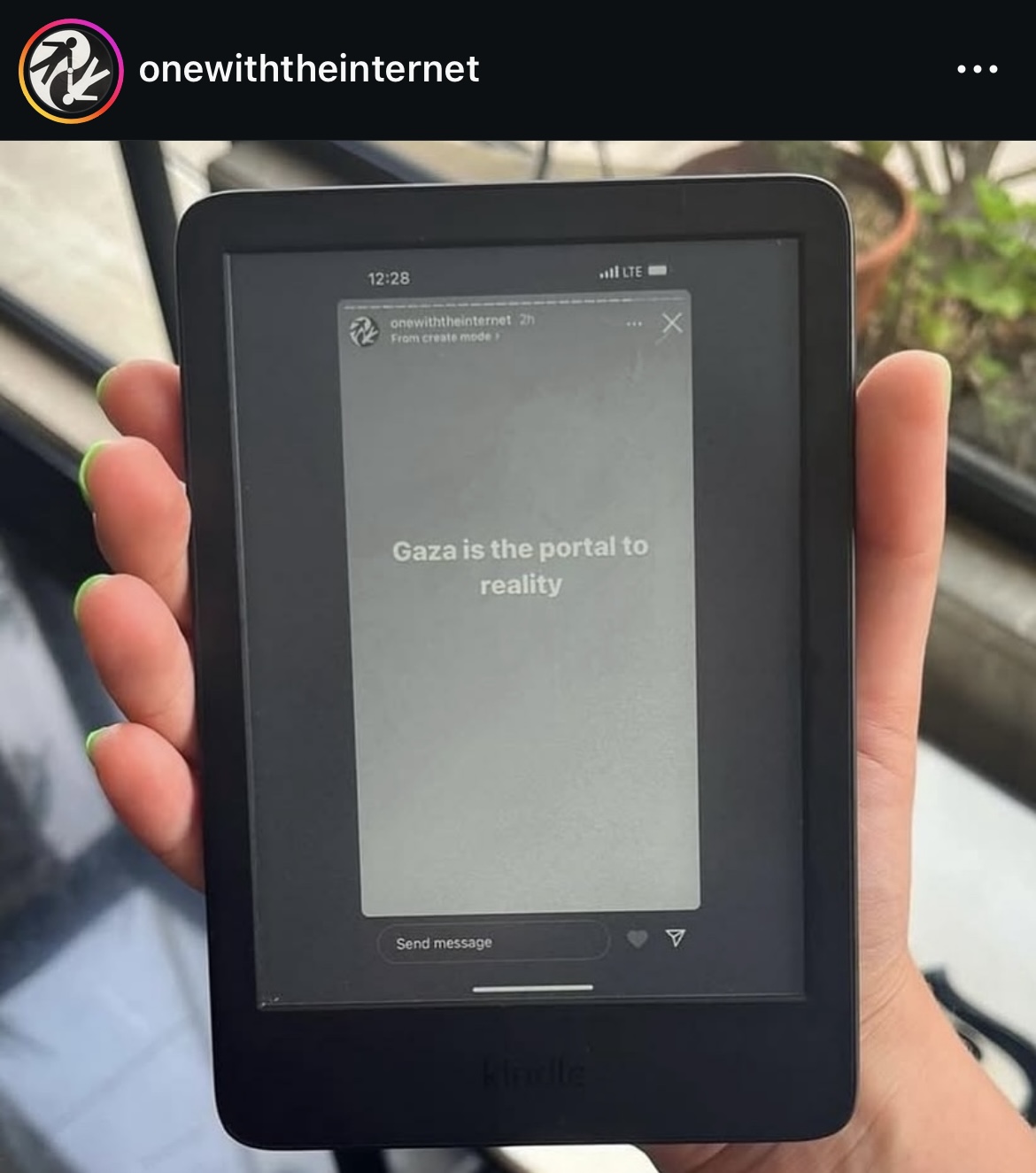Two cultural communicators: one really digs into the freedom to say whatever you want, however you want, typos and all; and the other will have you laughing existentially, but never deterministically, because we have free will—I swear we do. What I’m saying is interchangeable between them, by the way. We all know humour triggers awe like nothing else. It’s intelligence. So cheers to us, women in STEM.
Vanessa Barros Andrade: TikTok ushered in a new layer of ‘internet identity’ no longer centred on American trends, aesthetics or cultural references. Back in 2016, Hong Kong-based artist Lam Hoi Sin created a flag which read, “We are all internet Americans.” At the time, they were reflecting on how online spaces felt dominated by American language and perspective, and how, even from afar, they felt distinctly Americanised by the internet.
Now that landscape is shifting. Our For You pages are just as likely to serve up Italian brain rot, Ramadan memes and Chinese meme formats as they are U.S. content. The algorithm is branching out, and our sense of who the internet belongs to with it.
Your pages both feel like late-night convos with the most clever person you know (and love). Where does the urgency come from when you post? Is it rage, boredom or divine inspiration? Patia mentioned, for her, posting feels very stream of consciousness, she can do it with her eyes closed. This feels like intuition.
Did you start your pages with any intention, or were you just good meme collectors?
Aya Gawdat: The term is shitposting, right? I used to shitpost a lot more and it feels like an indication of the person’s mental state. When you’re manic and haven’t slept, the posts are really good. It’s definitely a direct link to your psyche. What you post or share is vulnerable. It’s intimate. When my page started to attract more people, it made me feel responsible, and I couldn't shitpost in that same way. Now that you’re calling this intuition, I’m like, yes, the stream just needs to be open. Maybe that’s the truest way to share yourself online.





